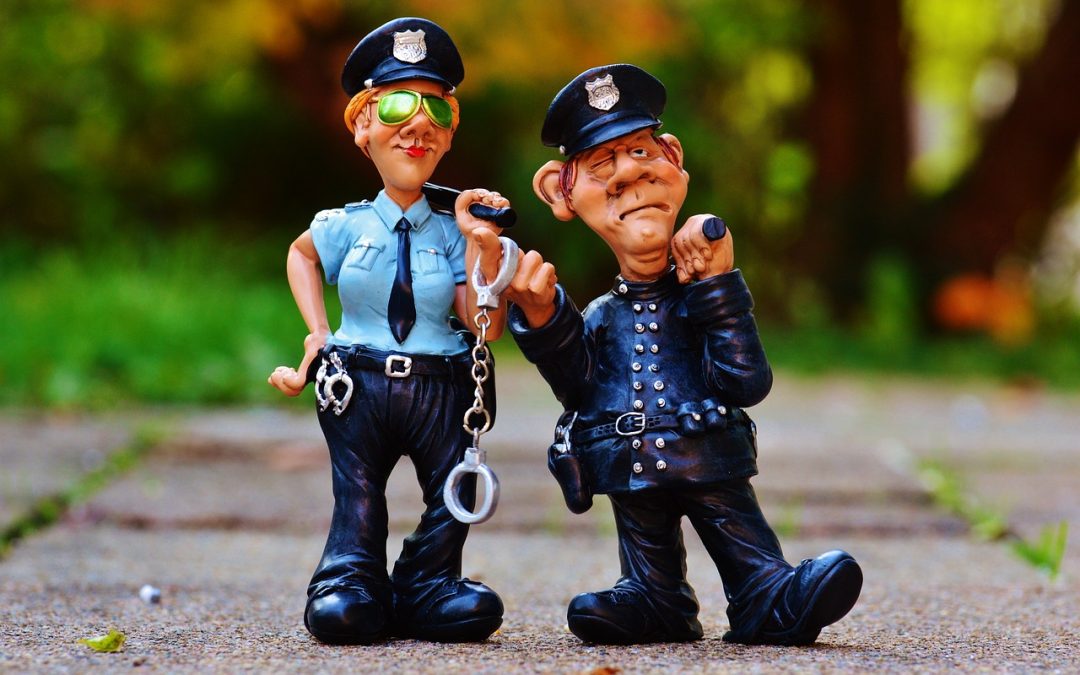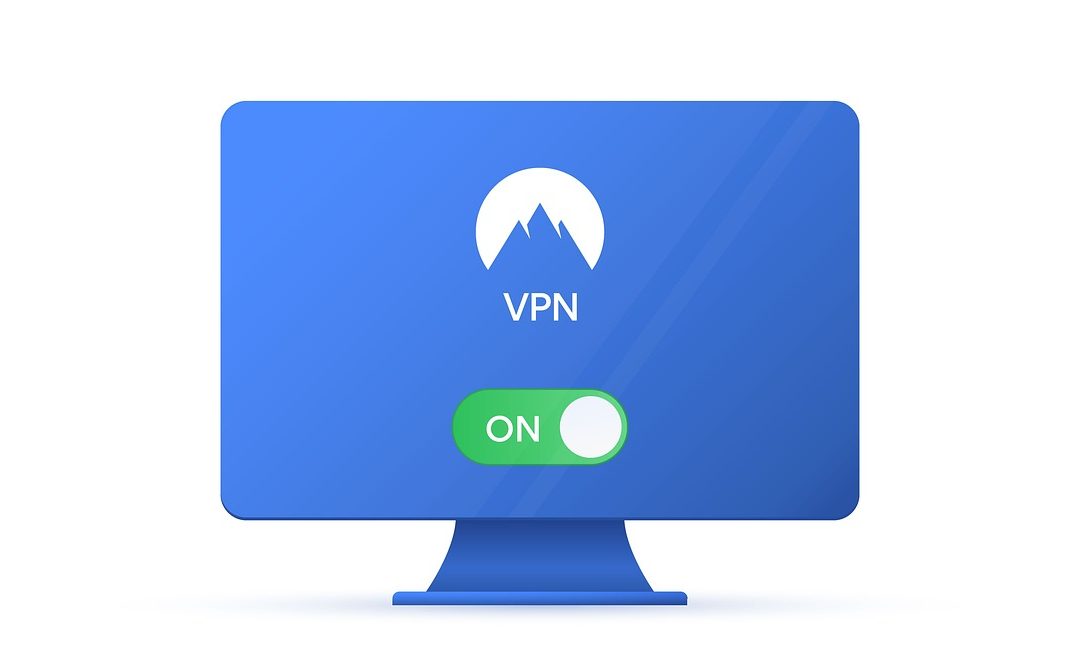
by author | Articles
When a SWAT team arrives at your doorstep, it’s essential to prioritize your safety while also being aware of your legal protections. In these high-stress situations, it’s crucial to remain calm, cooperative, and informed to ensure a peaceful resolution....

by author | Articles
When law enforcement approaches you, asking for a voluntary DNA sample, it’s essential to stay calm and informed. Your safety and rights are intertwined, and knowing how to respond can make all the difference. In this situation, it’s crucial to understand...

by author | Articles
As a parent, it’s natural to have concerns about your child’s interactions with law enforcement. One common question that arises is whether police can question your children without you present. The answer is not a simple yes or no, but rather depends on...

by author | Articles
As outdoor enthusiasts, we understand the importance of respecting the land, wildlife, and the authorities who protect them. Interactions with game wardens occur during hunting or fishing, it’s essential to know how to navigate these encounters safely and...

by author | Articles
When visiting scrap yards or pawn shops, it’s not uncommon to encounter law enforcement conducting checks. As a member of the public, it’s essential to know your rights and how to navigate these interactions safely and confidently. Understanding Police...

by author | Articles
When dealing with bounty hunters or private investigators, it’s essential to know your rights and how to assert them safely and effectively. These individuals may be attempting to locate and apprehend someone who has skipped bail or is wanted for questioning,...

by author | Articles
Receiving a knock on the door from law enforcement can be a stressful experience, especially when it involves civil papers. Whether it’s a subpoena, summons, or other legal document, understanding your rights and how to respond can make a significant difference...

by author | Articles
If you’ve received a grand jury subpoena, it’s essential to understand your rights and responsibilities when appearing before the grand jury. This can be a daunting experience, especially when dealing with law enforcement. However, knowing your rights and...

by author | Articles
As military bases are often situated in or near civilian communities, it’s essential for individuals living or visiting these areas to understand their rights and responsibilities when interacting with military police. While military law enforcement officers...

by author | Articles
As protests and encampments continue to be an important means of expression and advocacy, it’s essential to understand your rights when interacting with law enforcement, particularly when it comes to searches of your tent or personal belongings. Understanding...

by author | Articles
As protests and demonstrations continue to grow in number and intensity, it’s essential to understand the tactics police may employ to maintain order. Among these is a strategy known as “kettling,” which can have significant implications for...

by author | Articles
When interacting with law enforcement, it’s essential to understand your rights and responsibilities to ensure a safe and respectful encounter. One scenario that can be particularly confusing is when an officer issues an order to disperse. In this post,...

by author | Articles
As the United States continues to grapple with complex social issues, political protests and rallies have become increasingly common. These gatherings, often featuring passionate displays of free speech, are a vital component of a healthy democracy. However, they can...

by author | Articles
As someone experiencing homelessness, interactions with law enforcement can be particularly challenging and stressful. You may face increased scrutiny, and your living situation can make it harder to assert your rights. However, it’s essential to remember that...

by author | Articles
As the sun shines on our lakes, rivers, and coastlines, many of us take to the water to enjoy boating, fishing, or simply cruising. While these experiences are meant to be relaxing and enjoyable, it’s essential to be aware of the possibility of encountering the...

by author | Articles
As responsible pet owners, we hope to never encounter animal control officers in a negative way. Unfortunately, situations can arise where we find ourselves interacting with these officials, and it’s essential to know how to navigate these encounters safely and...

by author | Articles
As the weather warms up and more people take to cycling or using scooters as a mode of transportation, it’s essential to know the rules of the road, but also to be prepared for interactions with law enforcement. While most police stops are routine, it’s...

by author | Articles
Whether you’re a seasoned marksman or a beginner, visiting a gun range can be a fun and educational experience. However, it’s not uncommon for law enforcement to stop by, asking questions about your activities. Knowing how to respond to these inquiries is...

by author | Articles
When it comes to places of worship, many of us consider them sanctuaries – not just for our faith, but also for our safety and privacy. So, what happens when law enforcement wants to enter a church or religious sanctuary? Can they simply walk in, or are there rules...

by author | Articles
When interacting with private security who detain you for the police, it’s essential to know your rights and how to assert them safely. While private security personnel are not law enforcement officers, they can still detain you and call the police....





















